Safe Medications During your Pregnancy
- Starla 307 Midwife

- Jun 3, 2020
- 3 min read
Updated: Feb 8, 2022
Over-the-counter medications and home remedies during pregnancy can make your prenatal experience much more pleasant and comfortable. As a CNM (Certified Nurse Midwife) and an Advanced Nurse Practitioner, I am authorized through the DEA to prescribe pharmaceutical medications to my patients. I often treat ailments which pregnant women frequently experience as well as pre-existing medical conditions. During my daily practice at Memorial Hospital of Sweetwater County in Rock Springs, Wyoming, I treat a wide array of illnesses affecting women of all ages.
This list of widely available over-the-counter treatments is primarily used by my patients as a reference source which can be useful and convenient. This list is NOT all inclusive and is not made to infer that other medicinal treatments will not also be effective.
In addition, ALWAYS talk with your healthcare provider before taking any medications and do not follow any advice involving your health/medications unless such advice comes specifically from your healthcare provider.
I have organized this list of medications and treatments in order of their related illnesses. Always follow the recommended dosages listed by the manufacturer or instructed by your provider.
Allergies/Cold
Unfortunately, allergies are common occurrence, especially in Wyoming, that are aggravated often by pregnancy, There is also a higher risk of getting common colds and viruses as the immune system changes during pregnancy. Avoiding sources of allergies and exposure to cold viruses can be difficult in Wyoming, but below are some products that are safe to use during pregnancy and can relieve some of the symptoms.
Benadryl
Claritin
Saline nasal spray
Tylenol or Tylenol cold
Sudafed, Actifed, Dristan, Neosynephrine that are NOT " SA" or" multi-symptom" forms
Robitussin DM, Trind-DM, Vicks cough syrup, halls, Vicks vapor rub
Constipation
The first trimester of pregnancy is most often the time when women experience constipation due to the increased hormones in the body that cause the digestive system to slow down. This leads to less frequent bowel movements and increased bloating and gas. Ensuring plenty of water intake daily and regular activity can help decrease these symptoms.
Metamucil, Fibercon, Fiberall, Citrucel
Colace
Milk of Magnesia
Senokot
Prune juice
If still no relief, a mild laxative or glycerin suppository may be helpful
Diarrhea
This can also occur during pregnancy with vitamins, medications or stomach flu.
Kaopectate or Immodium - Only for 24 hours and after 12 weeks of pregnancy
First Aid Ointments
Bacitracin, Neosporin, Hydrocortisone
Headache/pain
Unfortunately, women who experience headaches before pregnancy, often notice and increase in the frequency of their headaches the first couple months of pregnancy. Ensuring adequate fluid intake can help decrease their frequency. A small amount of caffeine can also help relieve headaches. Generalize pain in muscles and joints and back can also occur.
Tylenol, Tylenol PM (acetaminophen products)
Small amount of caffeine for headache
Heartburn
This is one of the most common and bothersome symptoms of pregnancy which seems to worsen as pregnancy progresses. It occurs due to hormones that relax the opening at the top of the stomach, causing acid to move up into the esophagus and throat. Symptoms include pressure in the esophagus, burning of the throat, acid coming up into the throat and difficulty swallowing.
Milk will often do the trick, otherwise....
Maalox, Mylanta, Tums
Gaviscon
Zantac, Prevacid OTC
Hemorrhoids
Hemorrhoids are veins in the rectum and anus that can swell during pregnancy causing pressure, pain in the rectum, and blood in the stools. They are aggravated by diarrhea or constipation, sitting or standing for long periods of time, and the pressure that occurs in this area during pregnancy.
Preparation H, Anusol Hemorrhoidal Creams
Tucks or Witch Hazel Pads
Nausea and vomiting
Most all women experience some degree of nausea and vomiting during pregnancy, most often occurring in the first three months of pregnancy. It often resolves by the fourteenth to fifteenth month for most women but can occur anytime during pregnancy.
Small frequent meals-especially carbohydrates can lessen symptoms
Ginger products such as ginger ale, ginger cookies/breads, ginger root, lozenges
Vitamin B-6, 100 mg & 1/2 of a pill of Unisom Sleep Aid Tablets together twice per day
Emetrex/Emetrol
Sea Bands
Rashes
Hydrocortisone cream or ointment
Caladryl lotion or cream
Benadryl topical
oatmeal baths
Vaginal yeast infections
Vaginal irritation and vaginal discharge may increase during pregnancy due to hormones but if it appears to an infection, your provider should be notified so it can be evaluated. Yeast infections can be treated with over-the-counter products which will relieve most symptoms.
Monistat or Terazol
Most Probiotics can be used to help decrease occurrence of yeast infections and are safe to use during pregnancy

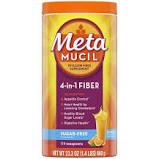
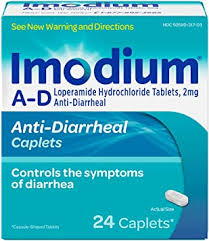
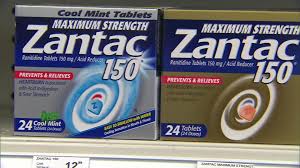
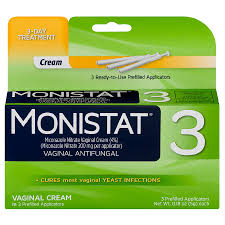


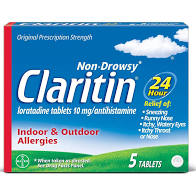


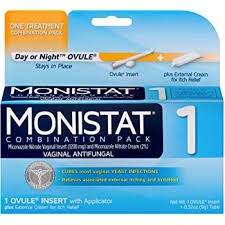
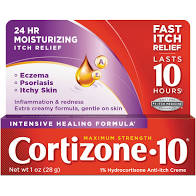
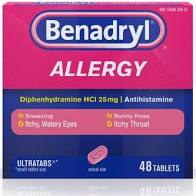
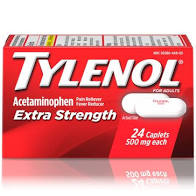

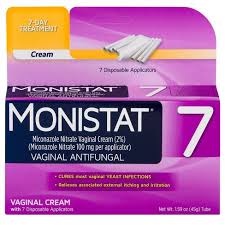
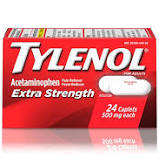
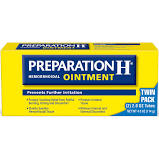
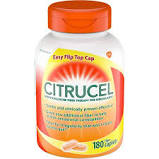



Comments